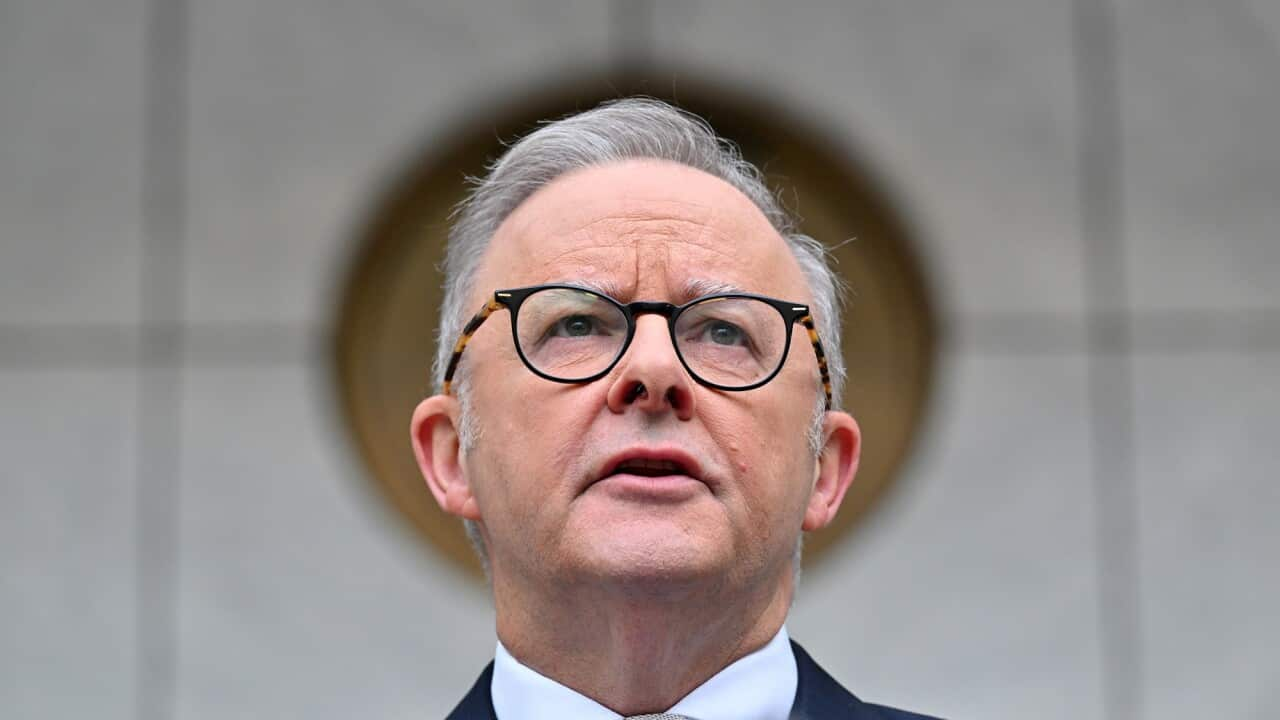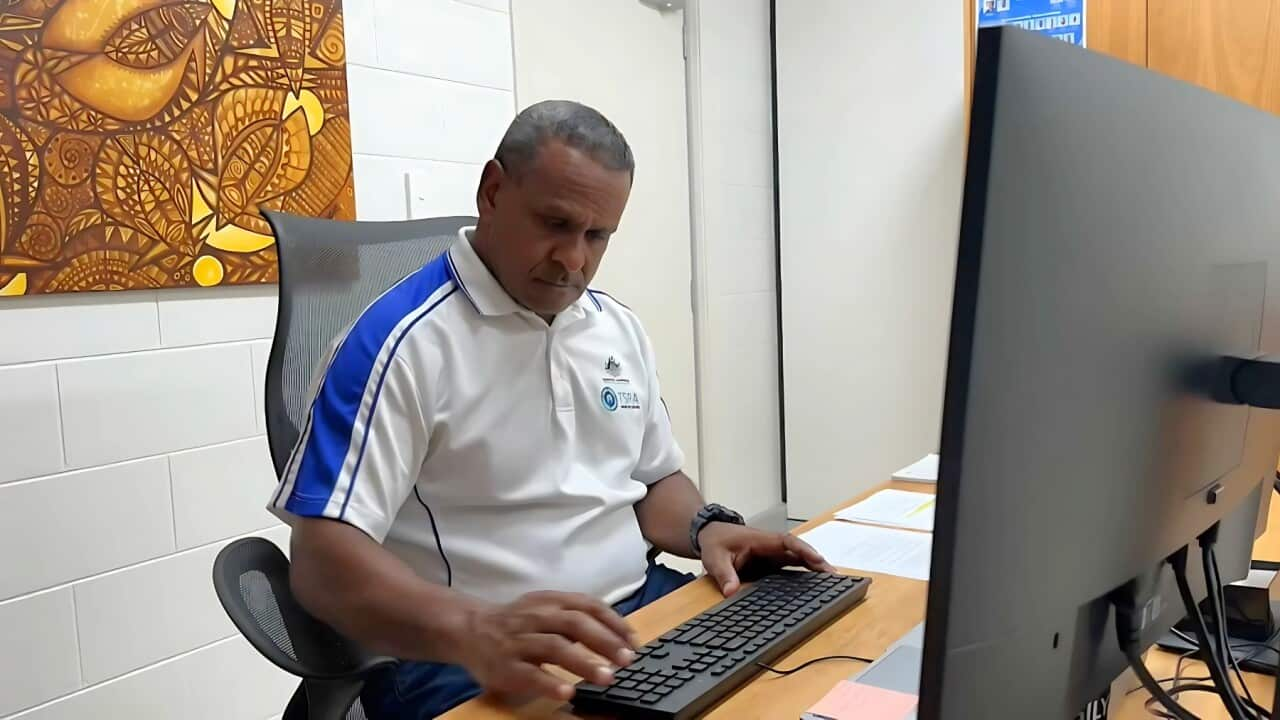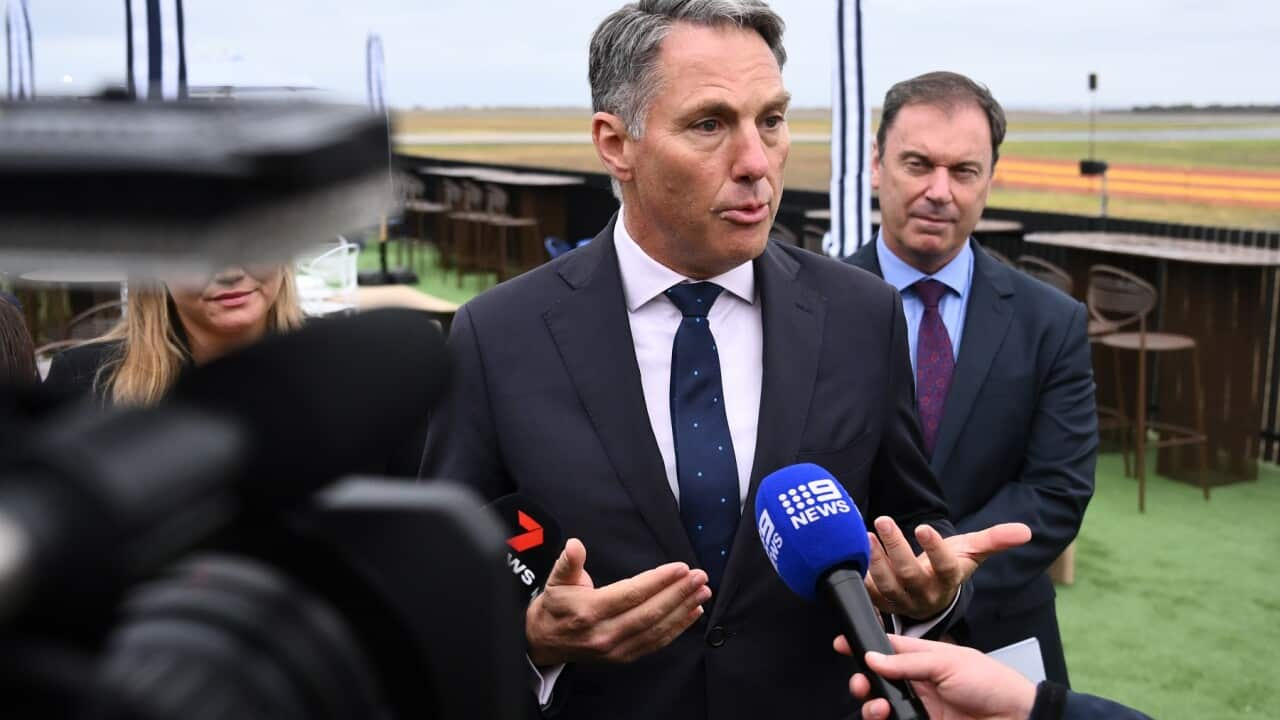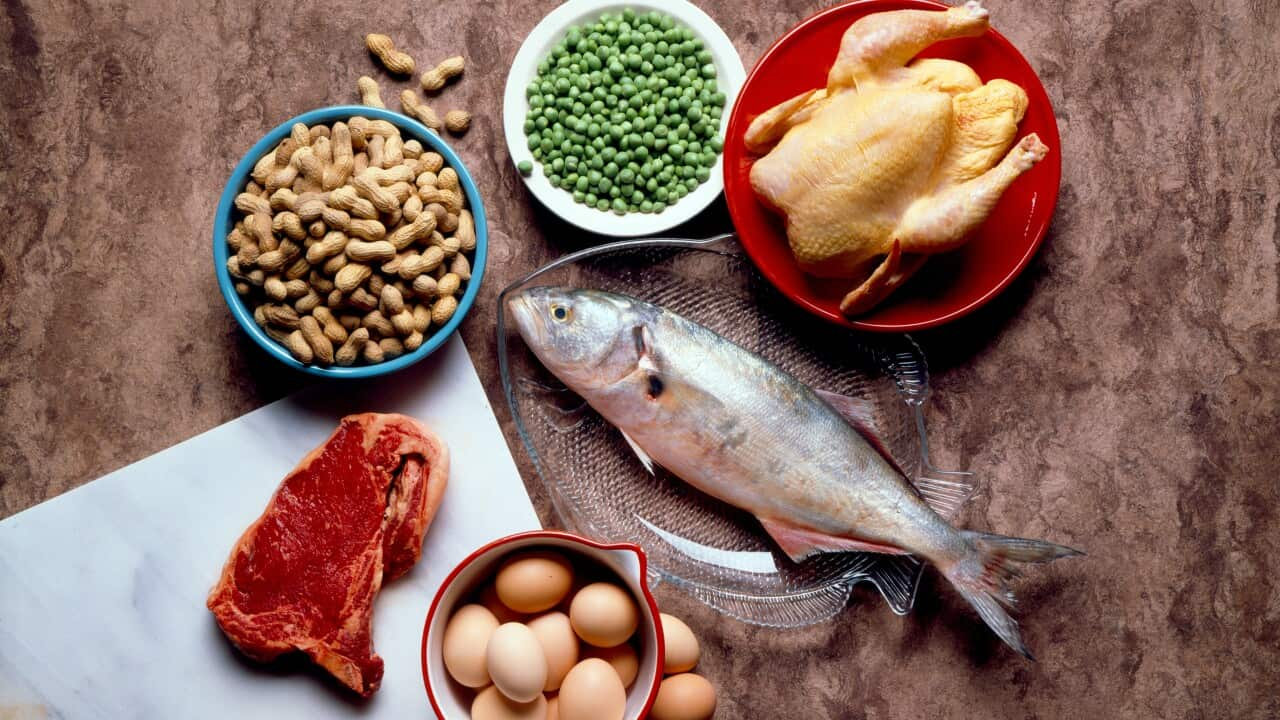TRANSCRIPT
Don't panic, but, it's happening.
The 2025 Federal Election has been called.
"This morning, I visited the Governor-General, and Her Excellency has accepted my advice that an election be held on Saturday, 3rd of May, 2025."
That's right - the 3rd of May.
But politicians have been out and about making big announcements since last year.
So what actually happens now?
Today, the Prime Minister visited the Governor General and asked her to dissolve parliament.
"So all those MPs can go out and campaign if they're running again, but they no longer hold their office, so they can't vote in parliament. The government has to go into caretaker mode."
That's Professor Graeme Orr from the University of Queensland.
The normal operations of Parliament will now end, and writs are being issued - which is a fancy way of saying the Governor General is telling the Australian Electoral Commission (AEC) to get cracking.
"It has to mobilise for what's often called the biggest logistical exercise outside of war."
Over the next month and a bit, the commission will facilitate the election.
Deputy Electoral Commissioner with the AEC, Kath Gleeson says that starts with finalising the list of who can vote.
"So now that the election's been called the AEC moves into our key election activities. So the first significant milestone is the close of roles. So we encourage all Australians to make sure that their enrollment details are up to date."
That means you have just one week to enrol if this is your first election as an Australian citizen, or your first as an adult.
If you've moved, or changed any other details, they need to be updated by then too.
Professor Orr says the government will now go into something called caretaker mode.
"The Prime Minister is no longer in complete control. If there was important decisions to be made suddenly, like with a pandemic or a war, they have to consult with the opposition leader."
But your local MP is still there to help with minor issues.
"They're being paid and they will still have their staffers, but they are still there to handle what we call constituency or like ombudsman-style complaints and requests. So they can still help you with your issues, with social security and so on. But they are what we call administrative issues, they are small issues involving individuals or companies. It's not big decisions."
Campaigning now begins - as parties and candidates making announcements and trying to convince people to vote for them.
That means you might have people knocking at your door, or you might see political representatives down at the local shops.
And your mailbox might fill up with flyers. Even if you have a 'no junk mail' sticker, candidates are allowed to send you stuff.
Party leaders will travel across Australia trying to sell themselves as the best leader for the country.
And then, voting begins.
"The big day for the AEC obviously is election day, and that's where we have more than 7,000 polling places open around the country."
But there's other options - like postal voting, early voting, or voting at an embassy or high commission overseas.
If this all seems a bit overwhelming, don't worry.
SBS will bring you all you need to know before you vote.













